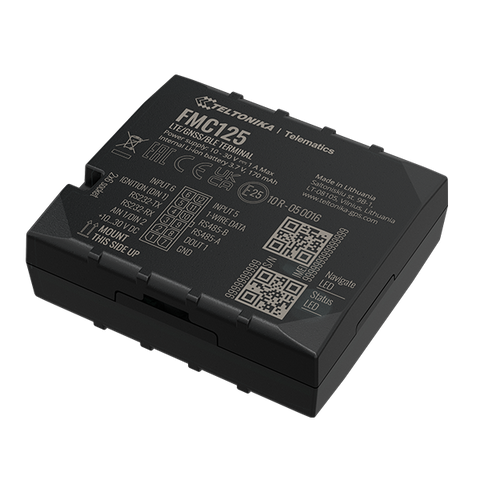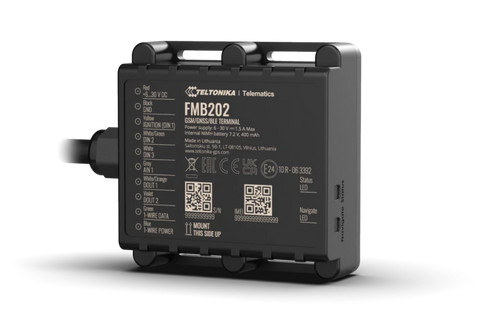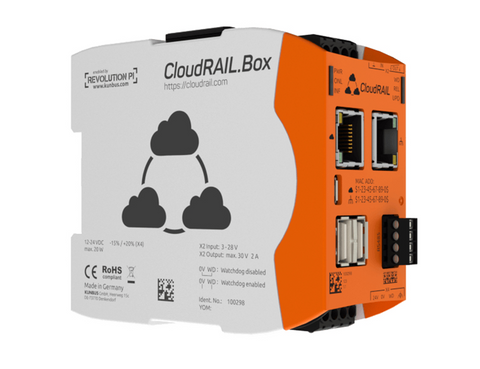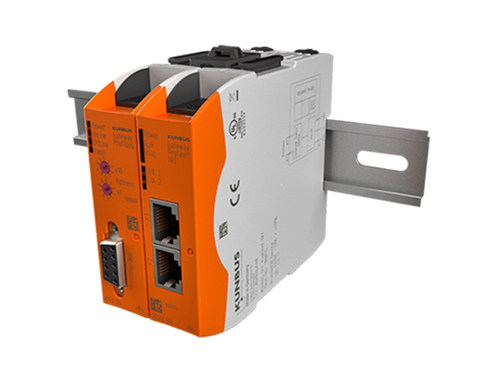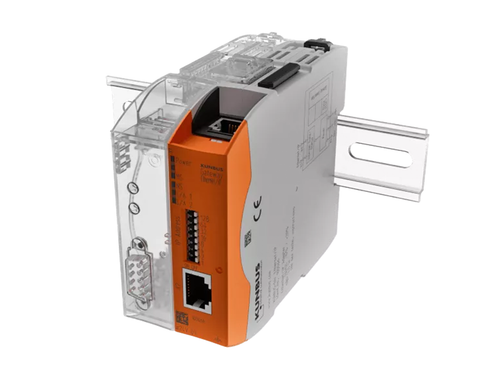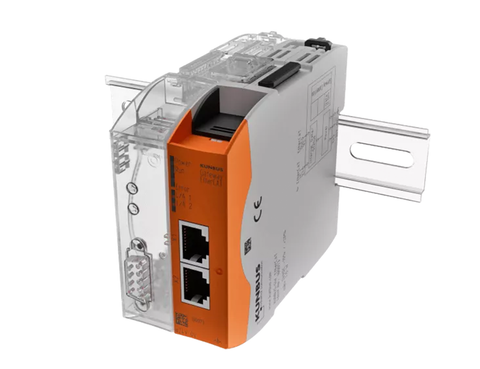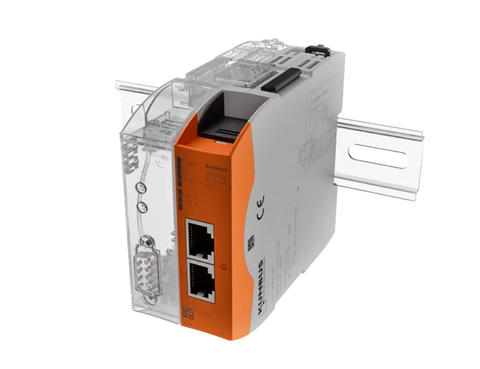CAN-bus Gateways
CAN-bus gateways act as a link between different CAN networks, as well as between CAN and other communication protocols. These gateways play a key role in ensuring compatibility, enabling interaction between devices and systems that use different communication protocols.
Typical Applications of CAN-bus Gateways:
- System Expansion: To increase the number of devices operating simultaneously in a system, especially when the number exceeds the allowable limit of the protocol or the load capacity of a single CAN bus.
- Network Integration: To build networks where devices operate with different higher-level application protocols (such as CANopen, J1939, DeviceNet, etc.).
- Hierarchical Network Construction: To create hierarchical networks based on CAN buses.
Automotive Systems and Industrial Automation
In the automotive industry, CAN-bus gateways ensure integration with other communication protocols, such as LIN or Ethernet. This facilitates data exchange between various vehicle subsystems, enhancing overall functionality. In industrial settings, CAN-bus gateways play a pivotal role in integrating different automation devices that may use different protocols. Gateways ensure seamless data flow between sensors, programmable logic controllers (PLCs), and other devices, contributing to improved operational efficiency and real-time monitoring.

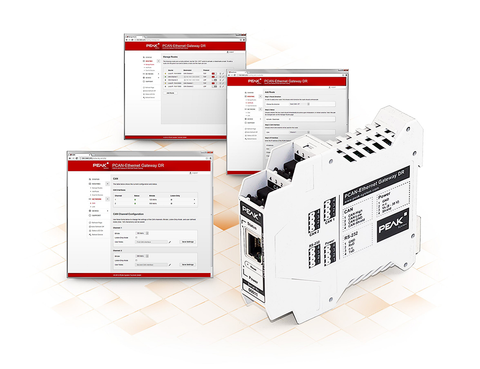
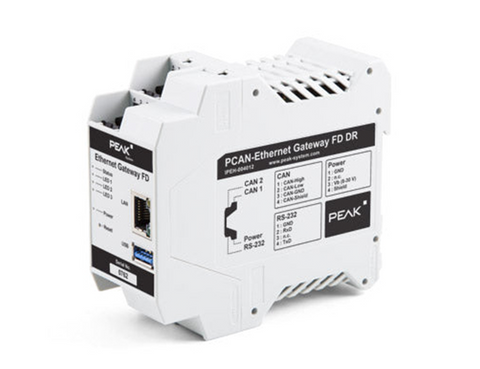

![FRC-EP190 Max EtherCAT Bundle, (FR,CAN[4],FD[4],LIN[2],DIO[4], ETC), RTL: FR, GW, RBS](http://controltech.uk.com/cdn/shop/files/1-13-0094-10407-Ixxat-FRC-EP190-ETC.avif?v=1759410832&width=480)
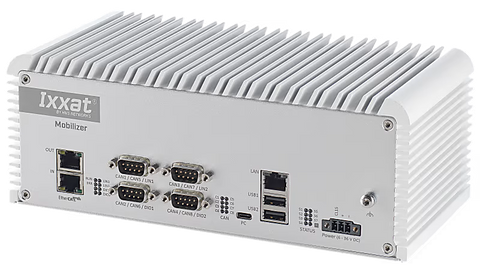
![CANnector SE (CAN[4], FD[2], LIN[2], DIO[2], ETC)](http://controltech.uk.com/cdn/shop/files/1-01-0091-01000-Ixxat-CANnector_54862902-c408-4843-bd50-229d67105652.avif?v=1759334811&width=480)
![CANnector S (CAN[4], FD[2], LIN[2], DIO[2])](http://controltech.uk.com/cdn/shop/files/1-01-0091-01000-Ixxat-CANnector_dd2a6d2e-7451-4f28-8447-8f147225f78e.avif?v=1759333988&width=480)
![CANnector LE (CAN[4], FD[4], LIN[2], DIO[2], ETC)](http://controltech.uk.com/cdn/shop/files/1-01-0091-01000-Ixxat-CANnector_6eab0fc4-2fd3-434d-baef-bc1ca2750420.avif?v=1759325725&width=480)
![CANnector L (CAN[4], FD[4], LIN[2], DIO[2])](http://controltech.uk.com/cdn/shop/files/1-01-0091-01000-Ixxat-CANnector.avif?v=1759314520&width=480)
